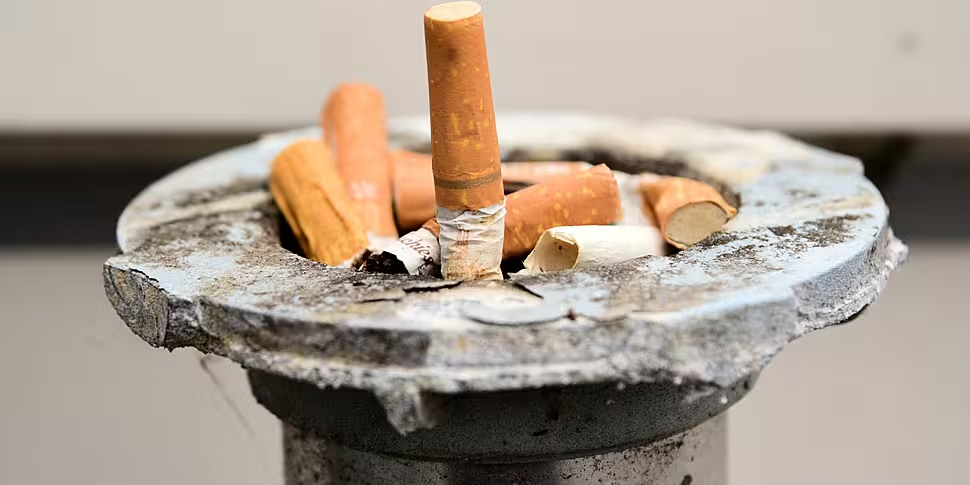New Zealand is looking to create a 'smoke-free generation' - meaning people born after 2004 may never be able to legally buy cigarettes.
They've put forward the idea as a way of "effectively phasing out the legal sale of smoked tobacco products over many years".
It's among a range of proposals the country's government is putting forward in a bid to become 'smoke-free' by 2025.
They're also looking at severely restricting the types of shops where tobacco products can be sold.
On The Pat Kenny Show, Newstalk ZB Auckland reporter Danica McLeane explained what's being proposed.
She said: “This all harks back to around a decade ago, when the government set a target for New Zealand to be smoke-free by 2025.
"In real terms, that means less than 5% of adults smoking cigarettes.”
However, officials have realised their target won't be met if changes aren't made, so new proposals have now been put on the table.
Danica said: “One of them is talking about creating a smoke-free generation, so people under 18 next year [2022] will never be able to buy cigarettes.
"Other proposals include limiting the amount of nicotine in cigarettes, restricting who can sell them and where they can be sold, and creating a licensing regime for those retailers."
The measures are still just proposals, but Danica said the moves have already been applauded by local health organisations and charities.
However, the government has seen some pushback from the likes of convenience stores - with owners saying removing cigarettes from the shops could take away jobs.
Meanwhile, the taxpayers’ union has raised concerns that there could be a surge in demand for illicit cigarettes - something that could create extra work for police and customs.
What can Ireland do?
Professor Des Cox, chair of the Policy Group on Tobacco at the Royal College of Physicians of Ireland (RCSI), says Ireland could be doing a lot more when it comes to tobacco control.
He observed: “There’s a worrying trend that since 2015 there’s a slight uptick in younger people taking up tobacco products.
“Currently, the tobacco prevalence rate in Ireland is 17%. We too have a tobacco-free Ireland policy that says we’re going to be tobacco-free by 2025… what that means is a prevalence rate of 5%. We’re way off that.”
He suggested Ireland would be lucky to reach 10-12% by 2025, so the Government needs to review the plan and see "where we’re at".
One of the main measures taken in Ireland to discourage smoking has been to steadily increase the price of cigarettes.
With 50c or €1 price hikes introduced in annual budgets, the average price of a 20-pack of cigarettes here is now one of the highest in Europe.
Dr Cox said evidence from Australia shows that increasing price does actually have a significant impact on tobacco consumption.
He also observed: “In terms of legislative measures, there is talk across Europe of introducing a tobacco 21 law - that would be prohibiting the sale of tobacco products to anyone under the age of 21.
"Certainly our group would be in favour of introducing that.”
He also suggested a ban on smoking in outdoor areas of bars and restaurants could help change people’s behaviour when it comes to smoking.









